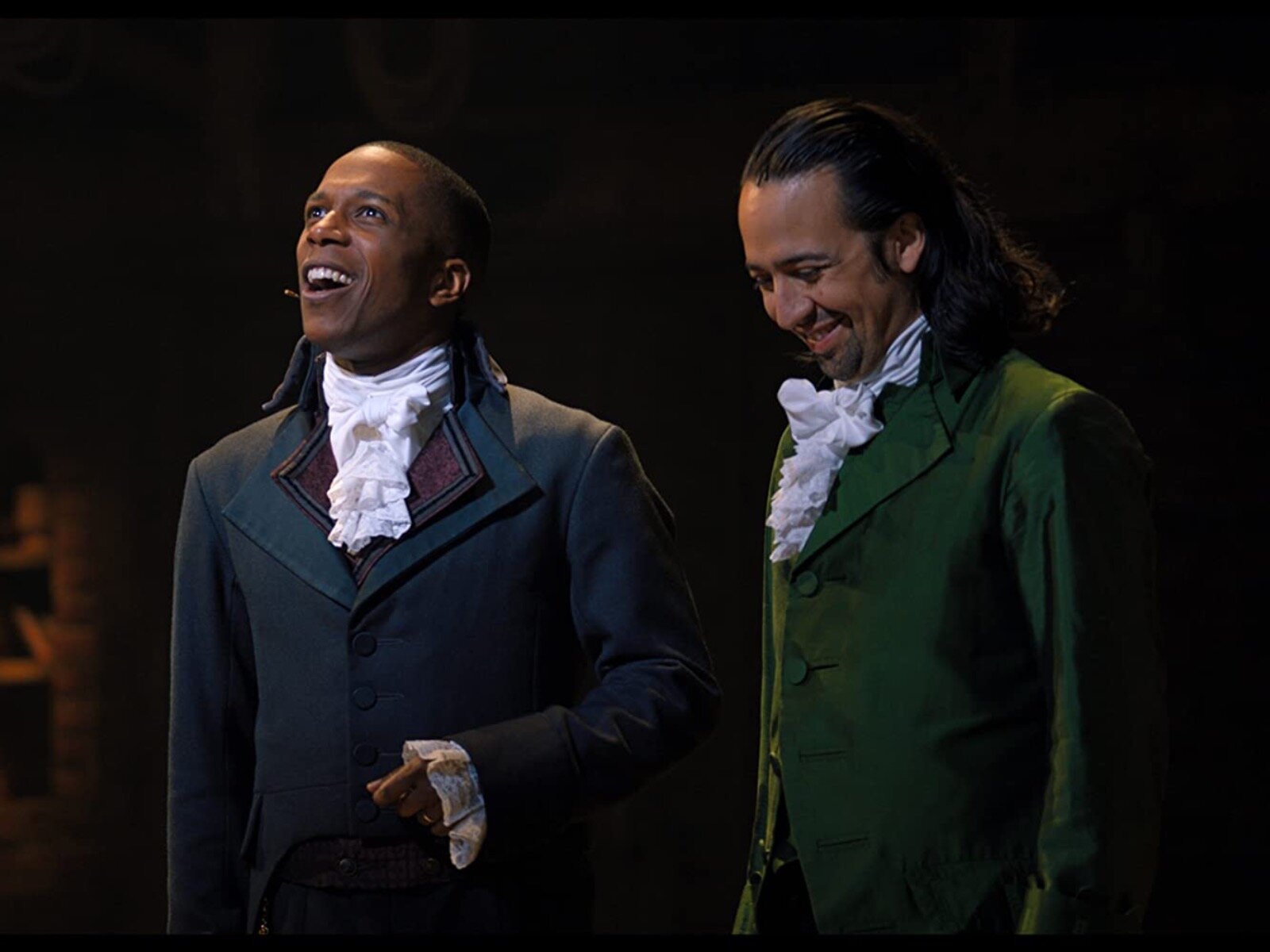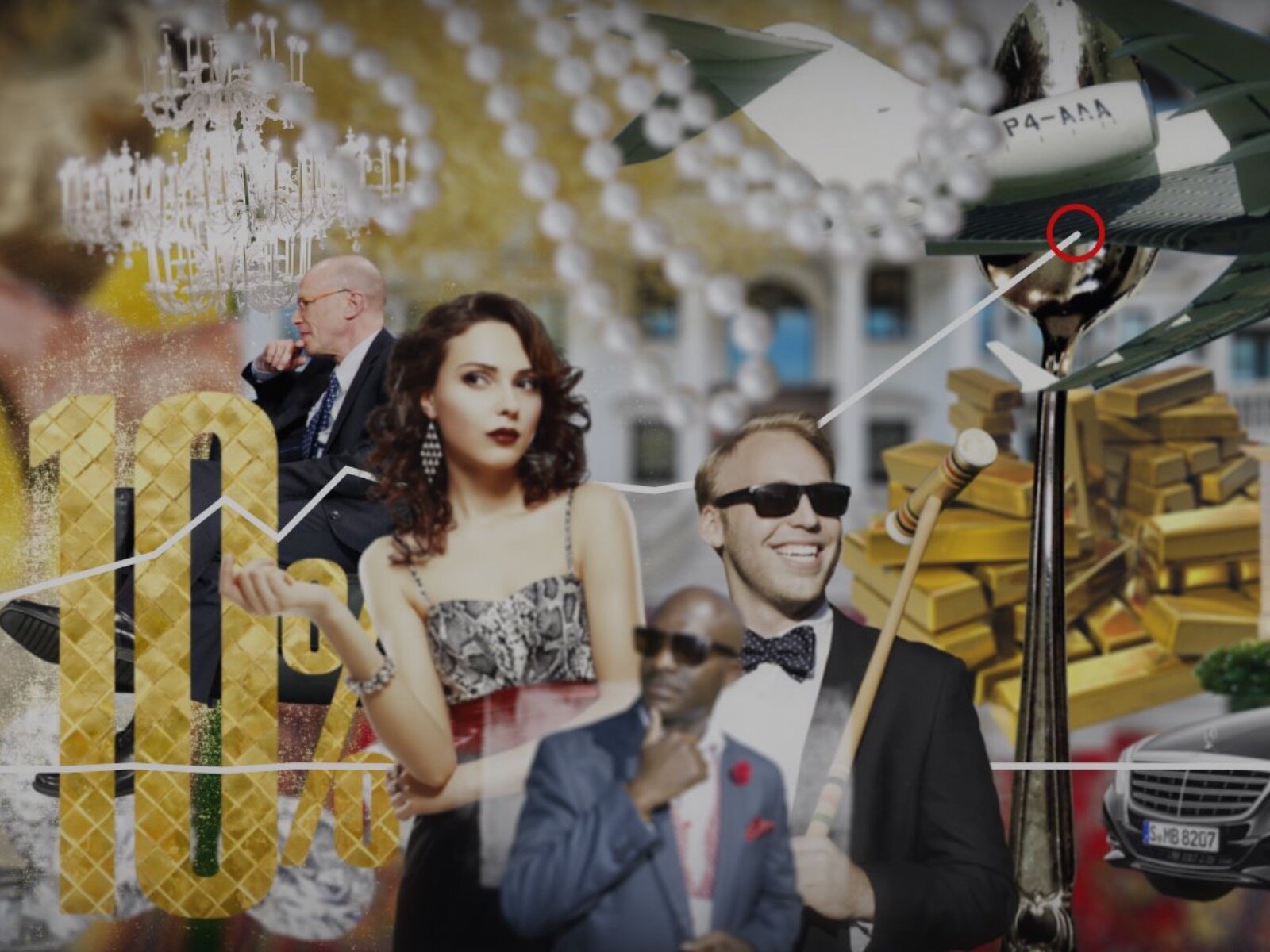Classic gangsters loved a good embarrassment of riches. Nice cars, fancy suits, expensive arm candy – the sky was the limit on how they could show off their wealth and power.
For a movie like "Gangster Squad" – which takes place amidst the glitz and glamour (and dirty world of organized crime) of late '40s Los Angeles – showing off is fine. In fact, it's pretty much a prerequisite. But, when the swanky style of the era meets the stylized swank of the movie's own excesses, things get out of hand.
"Gangster Squad" is the semi-true story of a group of LAPD officers tasked with taking down the city's most notorious crime boss, Mickey Cohen (played with smarmy zeal by Sean Penn). The secret band of righteous outlaws, led by Sergeant John O'Mara (Josh Brolin) and backed by a diversely skilled ensemble (played by Ryan Gosling, Giovanni Ribisi, Robert Patrick, Anthony Mackie and Michael Pena), lay a promising foundation for the film despite its rote crime drama set-up. Unfortunately, their promise is smothered by their one-dimensional characters and unembellished screentime that only sets them up as a band of cliched white knights.
Nearly everything else about "Gangster Squad" is awash in what can best be described as "gangster camp." Everything about Cohen's high-class living is gratuitously ostentatious, from his fortified mansion and posh nightlife to his ludicrously mismatched partnership with etiquette coach Grace Faraday (Emma Stone). Conversely, the down-and-dirty aspects of his ill-gotten lifestyle – the clandestine business meetings set in deviously noir locales, the cadre of goons armed with tommy guns tooling around L.A. in slick dark cars – wholly embrace the devil-may-care arrogance of a cartoonishly repugnant kingpin soaring too close to the sun.
The only thing more eyeroll-inducing than these prototypical ploys is "Gangster Squad"'s score. Its pensive, deep monotones don't flesh out until the near-climax, leaving it to plaintively drone over the majority of the film and attempt to create situational gravity too soon and too often. Don't confuse this with a slight against the soundtrack, however. Perhaps the best thing in the movie, "Gangster Squad"'s song selection was easily the most genuine thing the film accessed to create its period ambience.
Despite the paragraphs of criticism, "Gangster Squad" really isn't that bad of a movie, and it has its able ensemble cast to thank for that. They had to fight through a transparent plot and uninspired dialogue to get there, but they managed to wring as much entertainment value as possible out of it – even as the action built to a slo-mo showdown of a climax that teetered on the edge of ridiculous.
In the end, "Gangster Squad" couldn't manage to reconcile the "true story" seriousness with its urge to indulge itself in the cinematic treasure trove that comes with portraying '40s and '50s-era grandeur. It could have been a great movie, but instead it's just the film equivalent of a mid-level mob enforcer.
Contrary to her natural state of being, Renee Lorenz is a total optimist when it comes to Milwaukee. Since beginning her career with OnMilwaukee.com, her occasional forays into the awesomeness that is the Brew City have turned into an overwhelming desire to discover anything and everything that's new, fun or just ... "different."
Expect her random musings to cover both the new and "new-to-her" aspects of Miltown goings-on, in addition to periodically straying completely off-topic, which usually manifests itself in the form of an obscure movie reference.







